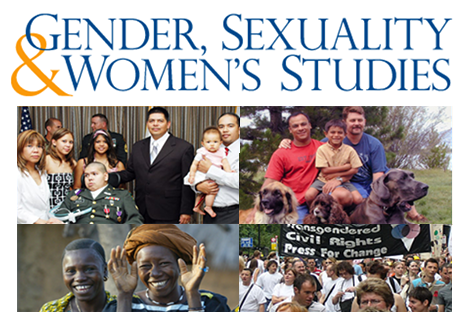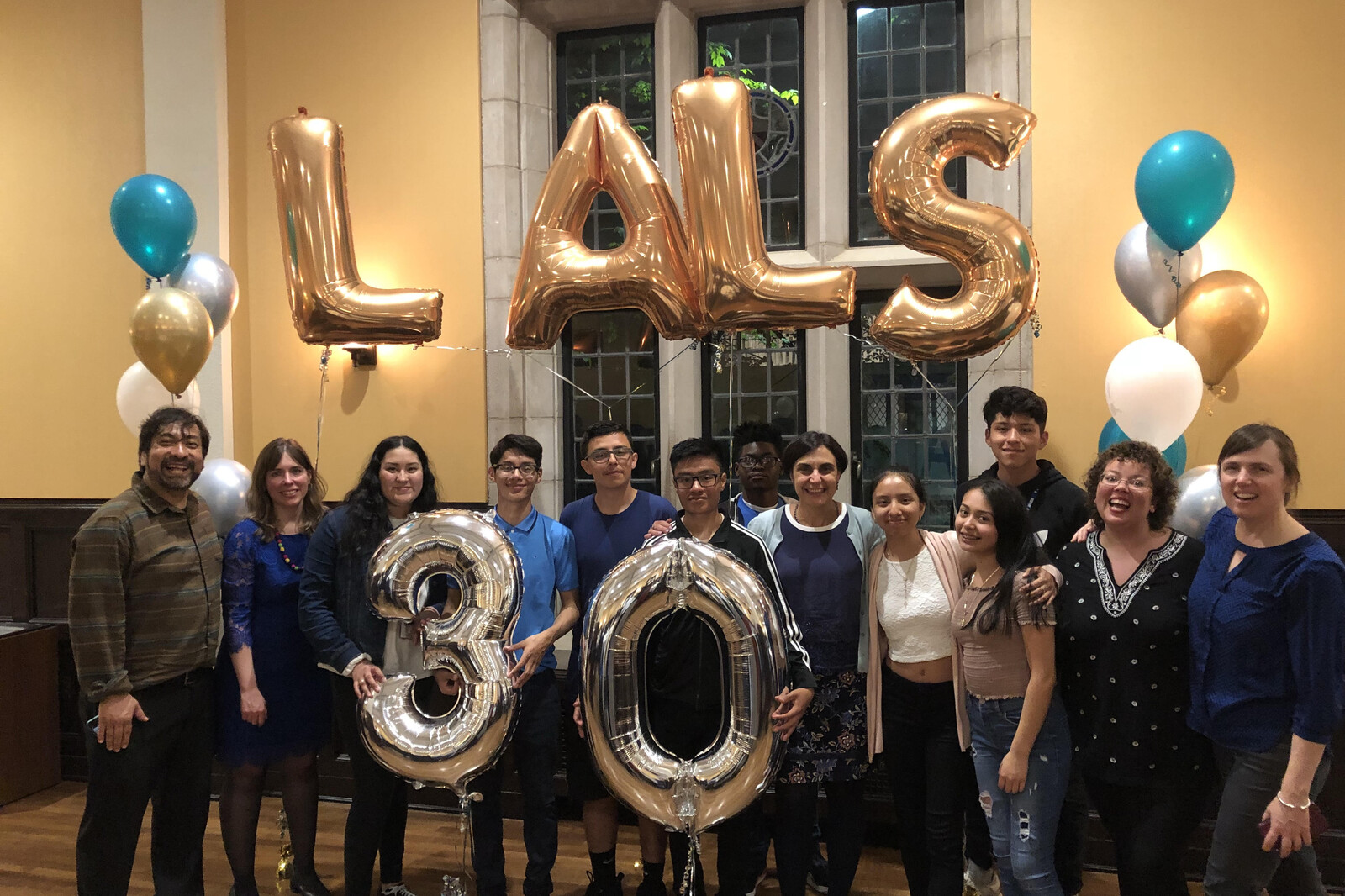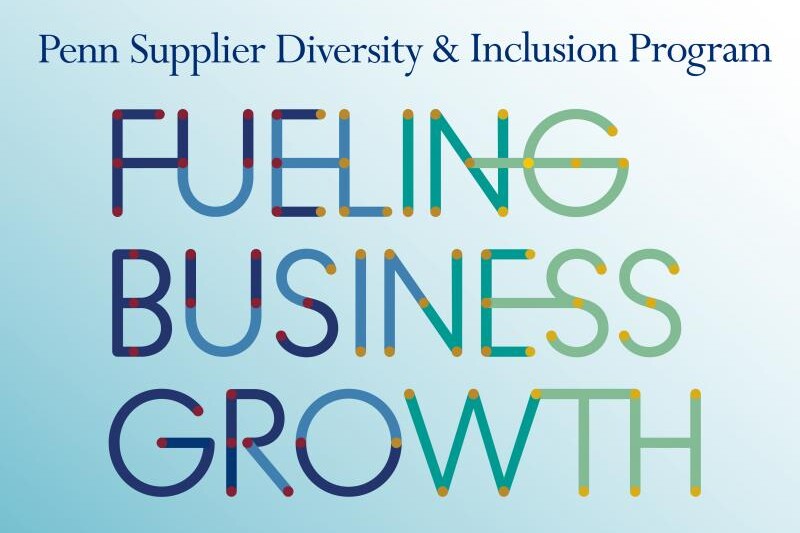
Gender, Sexuality and Women's Studies Program
The Gender, Sexuality and Women's Studies Program is an interdisciplinary program that provides exciting intellectual opportunities to explore the role of gender in human affairs.
Academic departments and centers offer research and talks that explore issues related to diversity and inclusion. Additionally, the University’s schools, programs and centers offer programming to educate and support inclusive excellence and the intellectual and interpersonal development of its students, faculty, and staff.


The Gender, Sexuality and Women's Studies Program is an interdisciplinary program that provides exciting intellectual opportunities to explore the role of gender in human affairs.

The Latin American and Latino Studies (LALS) Program offers an interdisciplinary major and minor to study the history, arts, languages, cultures, societies, politics, and/or regional organizations of Latin American and Caribbean countries as well as Latino communities and individuals in the United States.

Fueling Business Growth is tied to a multi-faceted action plan aimed at strengthening relationships, and expanding access to resources, with local, diverse and minority-owned businesses.